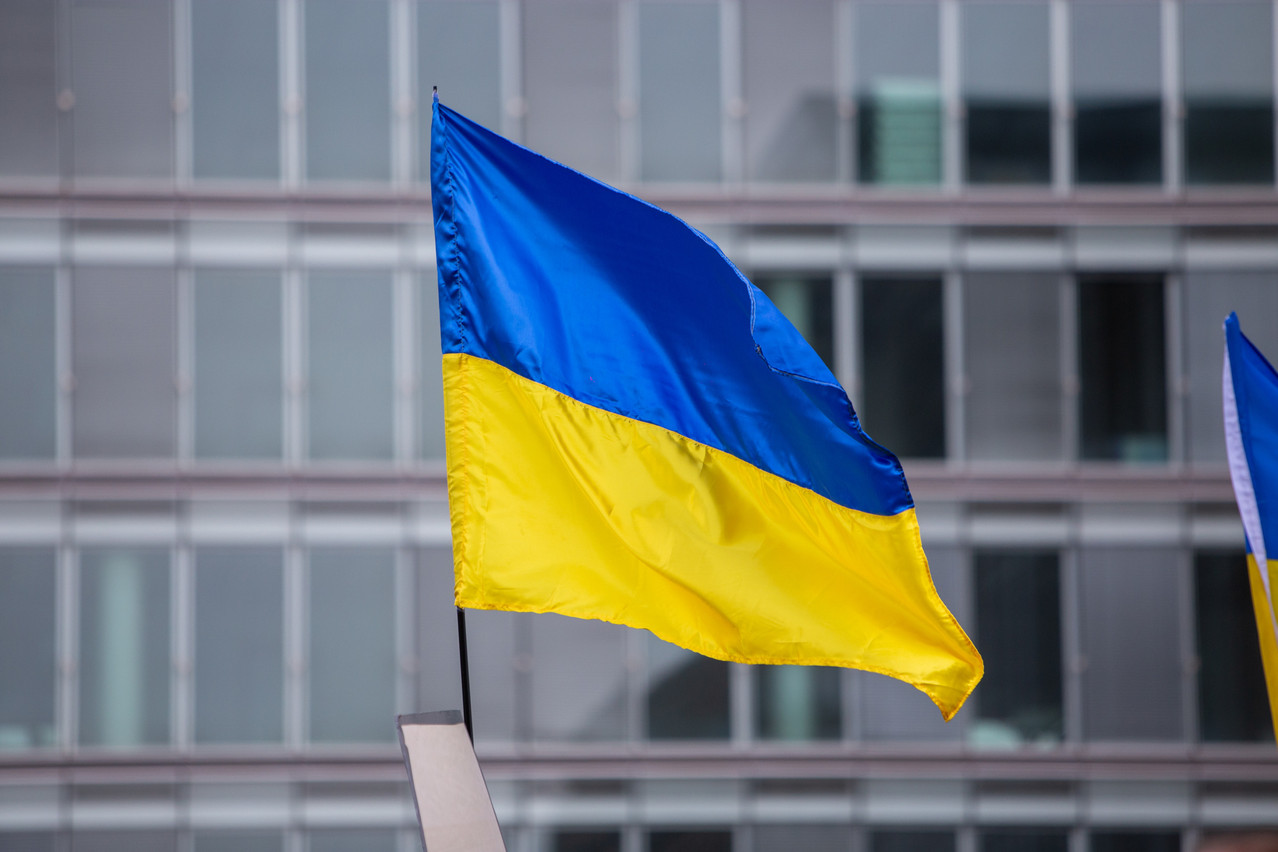Temporary refugee protection status, an EU directive adopted by Luxembourg, will enable all people who arrive from Ukraine to access housing, medical treatment, food and clothes and schooling for children, while adults will be able to register with Adem to seek employment and enlist for language courses.
Arrivals from Ukraine are being encouraged to register at the ministry of immigration on Route d’Arlon.
Foreign affairs minister Jean Asselborn had previously been highly critical of Hungry and Poland for their treatment of refugees arriving from Afghanistan and Syria. But Poland is now leading the humanitarian effort in Europe for displaced Ukranians.
Asselborn also announced on Wednesday that Luxembourg is also in the process of finalising a project to create more infrastructure, able to house between 500 to 1000 people. “Because we’re going to need it,” he said at a press conference detailing how the government was responding to the influx of Ukrainian refugees fleeing the war in their homeland.
The foreign affairs minister could not specify how many refugees are expected to arrive as a result of the ongoing humanitarian crisis. However, education minister Claude Meisch (DP) had previously stated that the state expects between 1,000 and 2,000 children from Ukraine to come to Luxembourg.
Currently the government has 7 different structures for emergency placement, with 803 beds spanning across the different centres.
378 beds are occupied. 225 by women and 153 by men, of those mentioned 95 are minors and 25 are babies under the age of 3.
Asselborn also revealed that guichet.lu had received 1119 requests but stressed that this does not necessarily mean all are situated within the grand duchy.
The majority of people are situated at the centre in Findel, but now people who come from Ukraine will be placed at the SHUK in Kirchberg where 200 beds are available.
The reception of Ukrainians is not solely being undertaken by the immigration office but has required cross ministerial cooperation as well as help from the Red Cross and Caritas as well as embassies, with the Luxembourg embassy in Prague as the focal point.
In addition to this, the Ville de Luxembourg is working with hotels to house incoming refugees. For example all 28 (double) rooms of the Graace Hotel in Bonnevoie have been rented out for 6 years. Delano has reached out to the Ville de Luxembourg and is awaiting more information.
Reports suggest that people in Luxembourg have been moved to help in any way they can; be it CEO’s organising buses for collection or everyday citizens opening their homes.
The commune of Differdange announced it had taken 23 refugees, while Hesperange has reportedly taken 4 and announced on Facebook it had reached its fundraiser target.
The foreign affairs minister however admitted that the government has “no idea or estimation of refugees who are housed by civilian families in Luxembourg.” Which prompted the minister to stress the importance of respecting “a few rules.”
Those organising transport to collect those escaping Ukraine, for example, should first inform the government. “There are buses arriving with 30 or 40 people and we are not prepared,” Asselborn explained. He cited as the point of contact for those wanting to organise transport or find information about private initiatives.
For those who want to house refugees there is also an email provided by the government, .
The email is part of a multi-organisational hotline, between the Luxembourg Red Cross, Caritas and ASTI, which has the support of the ministry for family and integration. Teams take turns and cooperate to answer the calls and messages.
The hotline can also be reached by phone (+352 621 796 780) or the Red Cross tells Delano the most efficient way is through an online form . A dedicated Red Cross team is also available ‘live’ for support to fill out the form.
The hotline was launched on March 8 and had 400 housing proposals in the first evening.
Those that want to donate clothes, food or sanitary products should refer to
